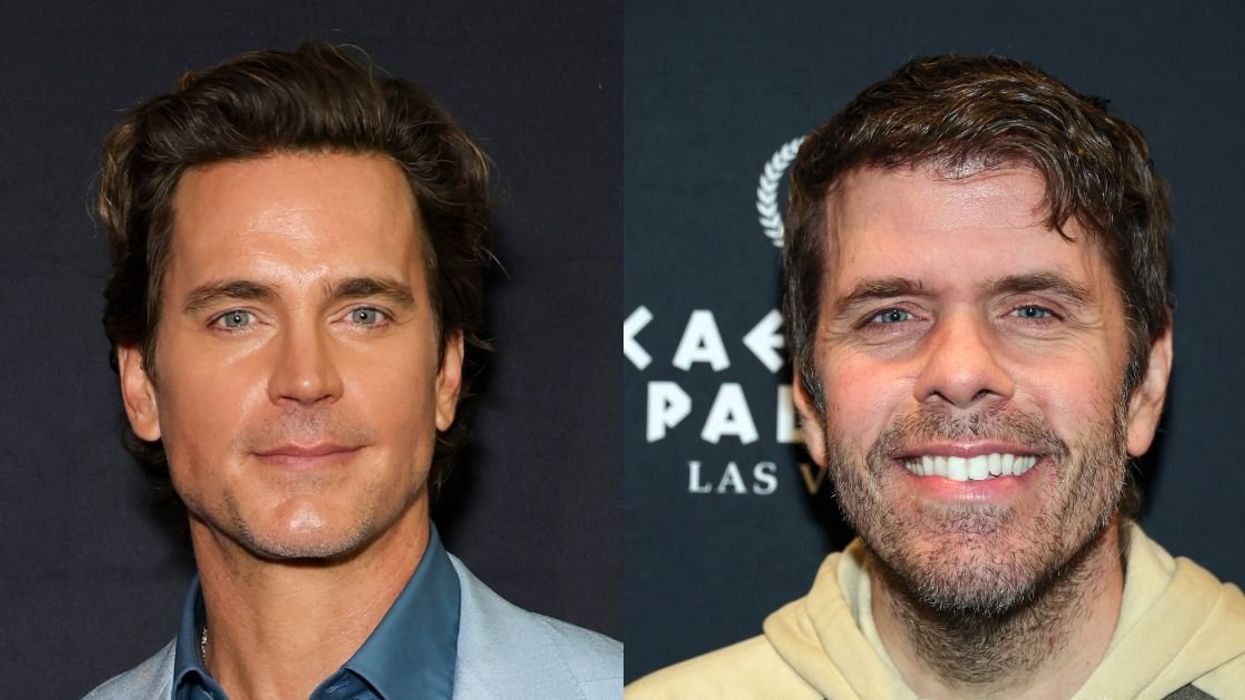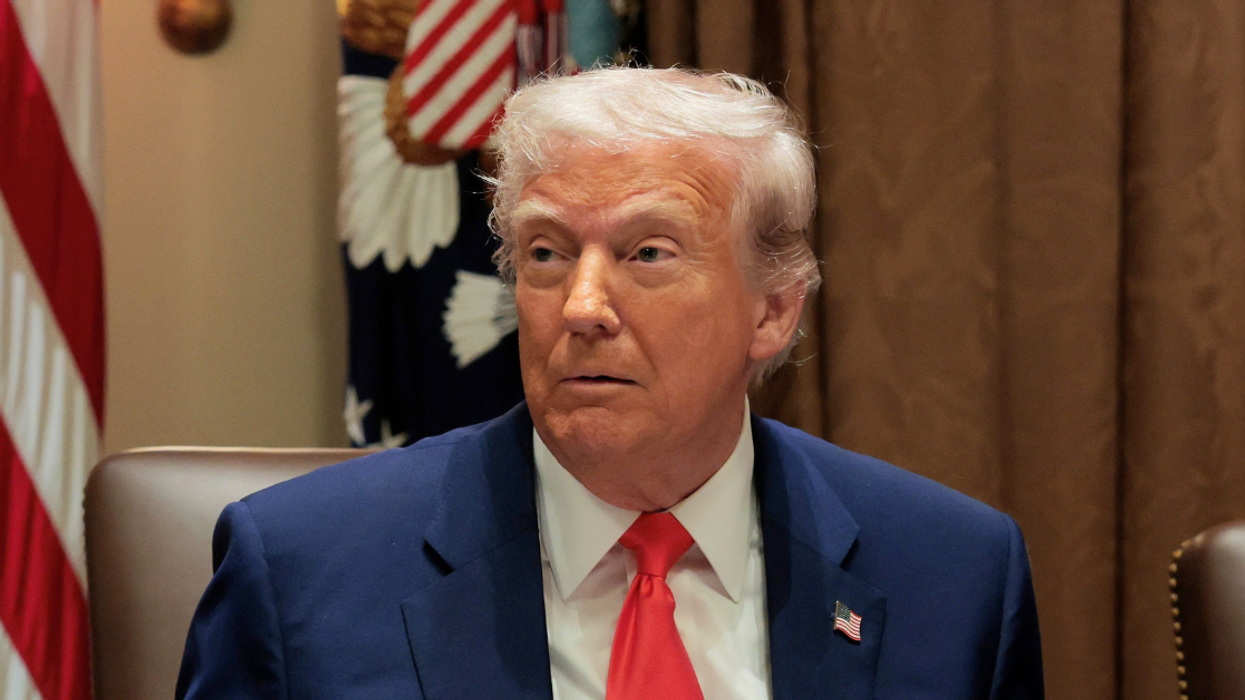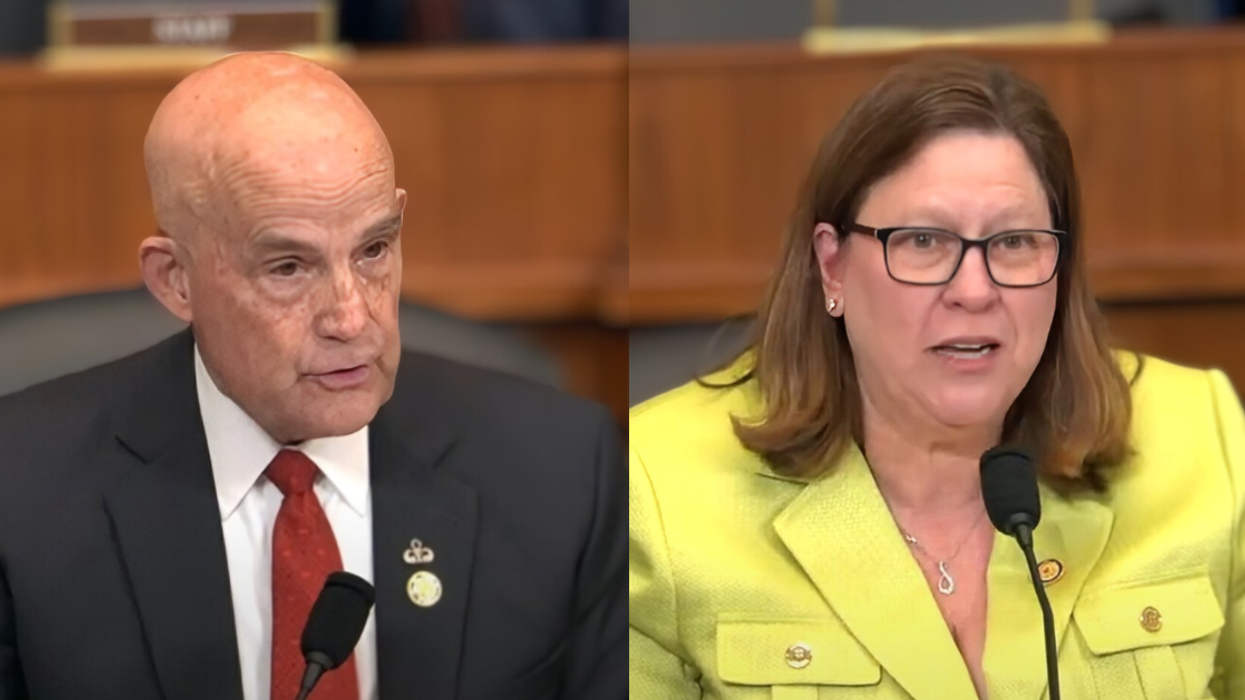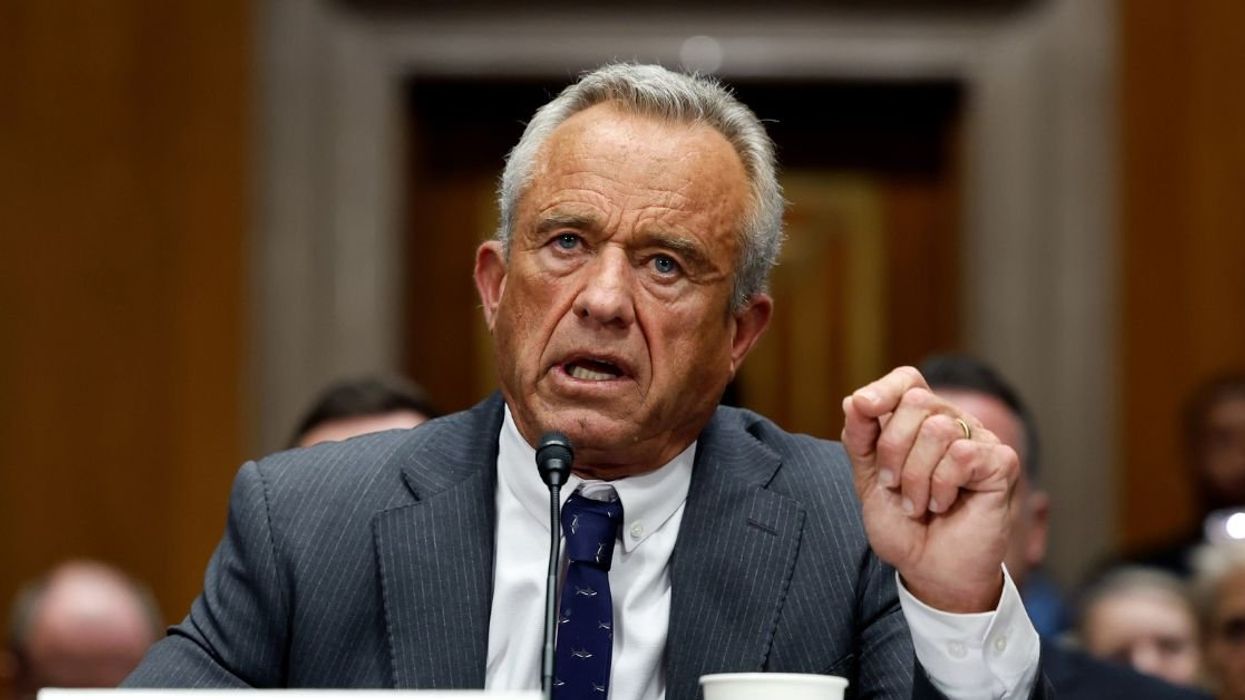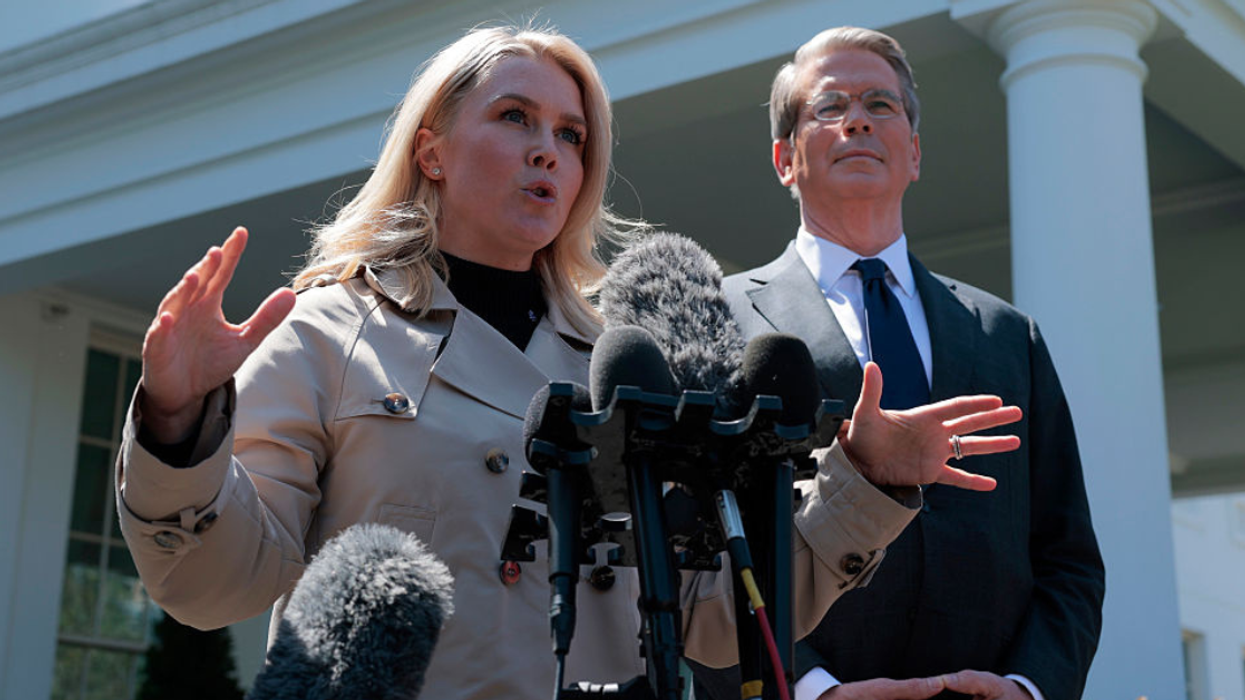In a passionate display of solidarity, actor Bryan Cranston delivered a fiery speech at a SAG-AFTRA strike rally in Times Square on Tuesday.
The rally, titled "Rock the City for a Fair Contract," gathered hundreds of SAG-AFTRA members and union supporters who are demanding better treatment and fair working conditions in the ever-evolving entertainment industry.
During his powerful speech, Cranston addressed Disney head Bob Iger directly, conveying a stern message on behalf of the actors and union members present in response to Iger's dismissal of the actors' demands as "not realistic" during an exclusive media mogul gathering in Sun Valley hosted by an investment bank on July 13.
You can hear what Cranston said in the video below.
Cranston said:
“We’ve got a message for Mr. Iger."
"I know, sir, that you look [at] things through a different lens. We don’t expect you to understand who we are."
"But we ask you to hear us, and beyond that to listen to us when we tell you we will not be having our jobs taken away and given to robots. We will not have you take away our right to work and earn a decent living."
"And lastly, and most importantly, we will not allow you to take away our dignity! We are union through and through, all the way to the end!”
Cranston acknowledged that the industry "has changed exponentially" but observed that if it were up to Iger and studio executives, struggling actors and writers would be forced to make do with an "outmoded" economic system:
"And yet, even though they admit that is the truth in today’s economy, they are fighting us tooth and nail to stick to the same economic system that is outmoded, outdated! They want us to step back in time. We cannot and we will not do that.”
Many have praised Cranston's remarks and stood in solidarity with the striking creatives.
The Writers Guild of America (WGA) initiated their strike on May 2, and SAG-AFTRA followed suit on July 13, marking the first double strike of actors and writers since 1960.
Both unions have united in their fight for higher wages, fair compensation from streaming platforms, and protection against the encroachment of artificial intelligence in the entertainment industry.
The impact of these strikes is far-reaching, and they have the potential to significantly affect California's economy. The last writers' strike in 2007-08 cost an estimated $2.1 billion, and with both unions now halting work, a much higher toll is anticipated.
As the strikes continue, the demands of the actors and writers stand firm, representing a united front against the studios' negotiation tactics and a determined effort to secure better working conditions and fair treatment in the rapidly evolving landscape of the entertainment industry.



